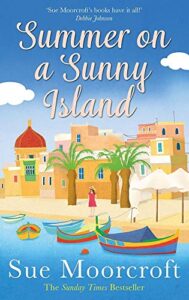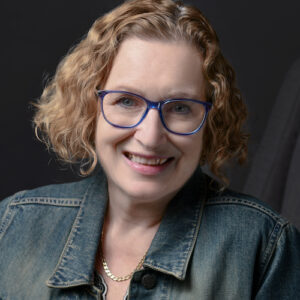Recognising the crossroads
In my book Summer on a Sunny Island, Rosa and Zach stand at crossroads in their lives. In one scene on a sunny roof terrace, they attempt to coach each other over a beer. Is change necessary? If so, what does that look like and how can they effect it?
A few years ago, I felt at a crossroads. I wasn’t on a Maltese roof terrace overlooking the blue Mediterranean with a handy friend, so I coached myself. It had a profound effect on my writing career.
I’d published nine novels and a raft of short stories, serials, courses and columns; I was a creative writing tutor and writing-competition judge. I had what’s politely referred to as ‘a portfolio career’. Translation: I would take on most paid tasks if they related to writing and some that were unpaid if they might prove useful to my career or meant I was ‘giving back’.
I’d suffered a bereavement and felt unhappy, over-stressed and underpaid. I couldn’t change the bereavement (no matter how much I yearned to), so I assessed everything writing-connected under three headings, subdivided into good or bad.
| Things that make me happy | Things that make me unhappy | Things that are good for me | Things that are bad for me | Things that earn me money | Things that don’t earn me money |
Two things were instant candidates for all three bold columns:
- being a committee member and vice chair of an authors’ organisation
- writing a column for a Formula 1 website
I was shocked to see volunteering for the authors’ organisation in all the wrong columns. But I had to accept that an organisation that has brought me a lot of joy and helped me professionally, was also sucking up hundreds of hours each year and causing anxiety. I emailed the chair, who’s one of my best friends, and said, ‘I don’t think I can be vice chair anymore.’ To her huge credit, she supported my decision and had me replaced without one word of reproach, though she could have felt immensely let down. After that, it was comparatively easy to email the Formula 1 website and gracefully retire from their list of writers. I think my son encapsulated this situation perfectly when he said, ‘You’d taken two of your greatest pleasures and made them into jobs.’
I felt tonnes lighter. I could read what I chose instead of books that needed appraising for awards. I could watch Formula 1 races without making notes or worrying about the angle the column I had to write.
 Spurred by this success, I began to cut other things that appeared in negative columns. They earned me some money but not much:
Spurred by this success, I began to cut other things that appeared in negative columns. They earned me some money but not much:
- appraising manuscripts
- tutoring creative writing students
- judging writing competitions – especially after a writing group ‘forgot’ to pay me a fee that was only ever nominal, even after three polite reminders
What made me unhappy about tutoring was not the students, who were fulfilling to work with, but the constant flow of work that piled up if I were ill or on holiday. The workflow was not within my control and kept me from my own stuff.
Sloughing off these two items gave me significant time for my own writing without losing me much money. A win-win.
Takeaways from the self-coaching:
- recognise when self-coaching is necessary
- recognise the results, even when shocking
- act on them

